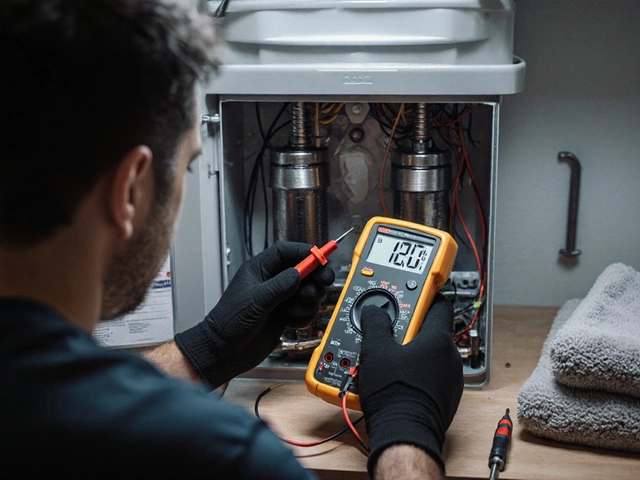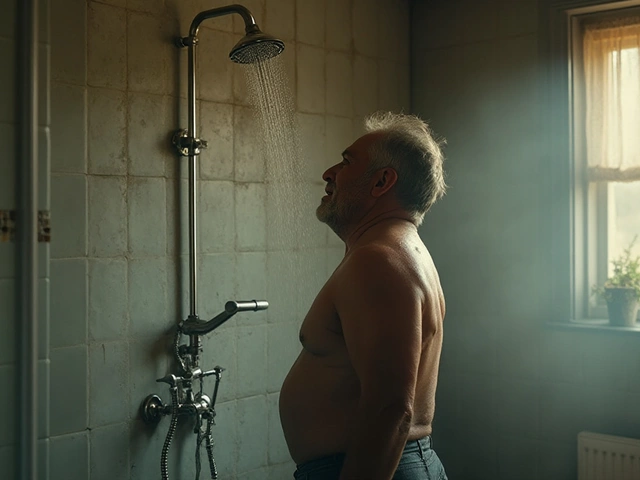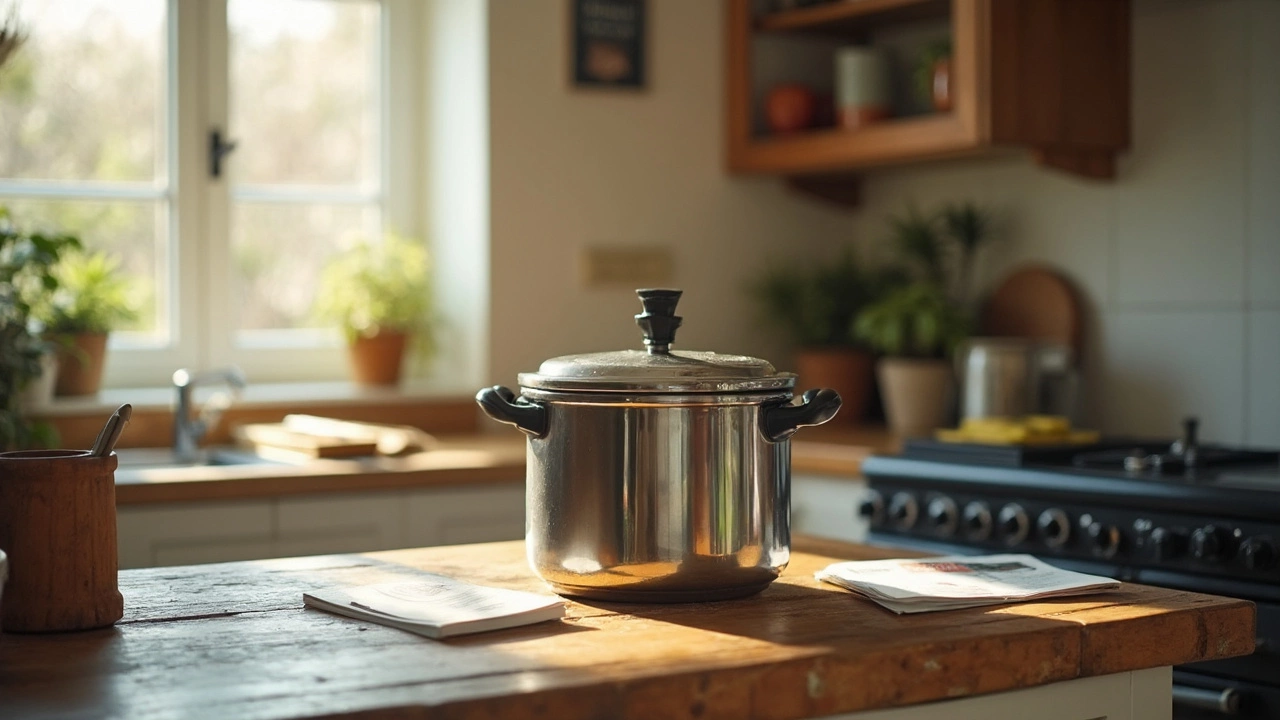Kitchen Appliance Durability: How Long Will Your Oven, Fridge & More Last?
Ever wondered why your dishwasher seems to quit after a few years while the neighbour’s fridge is still humming? The answer lies in how we treat and maintain our kitchen gear. In this guide you’ll get straight‑forward advice on what makes appliances wear out, how to tell when a repair makes sense, and simple steps to stretch their life.
What Determines Kitchen Appliance Lifespan?
Durability isn’t a mystery – it’s a mix of build quality, usage patterns, and upkeep. A high‑end oven that sees daily cooking will age faster than a rarely used one, but good components can still keep it going for 15‑20 years. Look at the brand reputation and read reviews that talk about long‑term reliability; brands that consistently rank on durability charts usually use tougher parts.
Heat and moisture are the biggest enemies. Frequent exposure to steam can corrode the internal wiring of extractor fans, while a freezer that constantly cycles on and off stresses the compressor. Regular cleaning of filters, coils, and door seals reduces the extra load and prevents premature breakdowns.
Another factor is how quickly you address small problems. A cracked glass hob may still heat, but the crack lets dust inside, leading to bigger faults later. Fixing that crack early – either with a professional repair or a proper seal – can add years to the hob’s service.
Top Tips to Boost Durability
1. Clean and service regularly. Give your extractor fan a quick once‑a‑month wipe‑down and check the motor for noise. A clean fan moves air better, cuts humidity, and avoids the mold that can ruin cabinets.
2. Don’t overload. A washing machine that’s packed to the brim or a dishwasher that’s turned on with half‑empty racks forces motors to work harder. Follow the manufacturer’s load guidelines and you’ll see fewer breakdowns.
3. Keep vents clear. Both fridges and freezers need space around their back for airflow. Push them at least a few inches away from walls and dust the coils every six months.
4. Spot‑check seals and gaskets. A fridge door that doesn’t close tightly makes the compressor run nonstop, raising the bill and shortening the unit’s life. Wipe the rubber seal with warm soapy water and replace it if it’s cracked.
5. Schedule professional check‑ups. A yearly service for your boiler, water heater, or major oven can catch wear before it leads to a costly failure. Technicians can also replace worn parts like oven heating elements at a fraction of an emergency repair cost.
When a repair cost reaches half the price of a new appliance, it’s time to consider replacement – especially for items over 10‑12 years old. That rule of thumb helped many decide whether to fix a 15‑year‑old oven or buy a fresh, energy‑efficient model.
Finally, keep a small maintenance log. Jot down the date of each service, what was fixed, and any unusual noises you hear. Over time you’ll notice patterns, and that info makes it easier for a technician to spot the root cause.
By understanding what wears out and following these easy habits, you’ll get more out of every appliance in your kitchen. Less downtime, lower bills, and a home that feels reliably functional – that’s the real payoff of durability.






